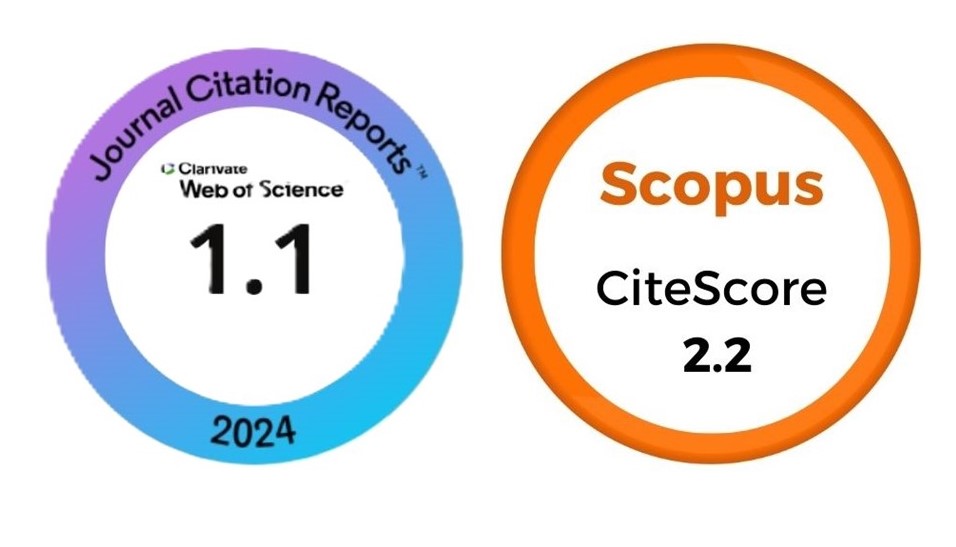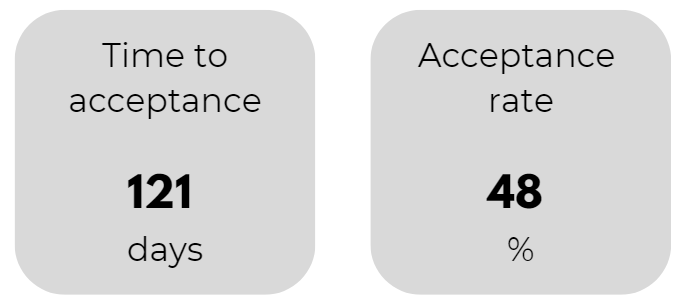Sensitivity of potted ornamental peppers to ethylene
DOI:
https://doi.org/10.14295/oh.v24i4.1458Keywords:
Capsicum, growth regulator, leaf and fruit abscission, ornamental plant.Abstract
Many environmental factors affect the post-production shelf life of potted ornamental plants. Exposure to ethylene can reduce the quality of many species, inducing flower, fruit and leaf abscission and senescence. The present study identified ethylene-resistant pepper genotypes during post-production shelf life testing. Potted plants of eleven pepper cultivars were transferred o a 90-L sealed container when they had 30% of ripe fruits and treated with 10 μL L-1 of ethylene for 48 hours. Number of leaves and fruits were counted at the beginning of ethylene exposure and after 48, 96 and 144 hours. The experimental design was completely randomized, with five replicates of individual pots. The cultivars showed varied rates of foliar and fruit abscission. ‘Peloteira’ showed higher resistance to ethylene, with foliar abscission of 19%, after 144 hours. For fruit abscission, the cultivars ‘Peloteira’, ‘Jalapeño’, ‘Stromboli ornamental’, ‘Malagueta’ and ‘Rocoto Vermelha’ presented a lower percentage of leaf drop, varying between 9 and 34%, after 144 hours of exposure to ethylene. This study showed that ornamental peppers have high genetic diversity regarding ethylene sensitivity.








